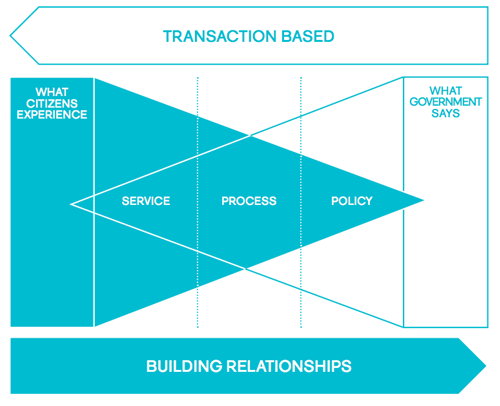“How are we doing?”: developing our approach to service reviews

10.10.2019
Service reviews/audits were the focus of our most recent quarterly day with the authorities in our Homelessness Reduction Act (HRA) partnership. We asked them to design and scope a review of their service which we’ll help deliver over the next six months. The draft approach used to frame the discussion consolidates the various elements of our work to date and should be useful for any local housing authority considering a similar exercise. As always, feedback welcome.
An opportune time
We are 18 months into the implementation of the HRA and it has been a learning process for everyone. Many local authorities have continuously reviewed and tweaked their services to adapt to the challenges and opportunities as they’ve emerged. The government’s 2-year review of the Act is well underway, including the public call for evidence, which represents a great time to pause and reflect. A number of local authorities are taking this opportunity to complete a thorough review of their service and how they have performed over the last 18 months.
We are having similar discussions with the authorities in our partnership as we approach the last 6 months of our time together. We want to help each of them with a holistic review of their service that provides a clear plan and roadmap for them to take forward.
Who is a service review for?
At our most recent quarterly day, we discussed what different user groups needed from a service review and how they should be involved. Most often the review is commissioned by the service manager/head of service and the output is a report with areas of good practice and priorities for where the service can improve. We had a mixture of grades in the room and asked them to consider the needs of four different groups:
- Portfolio Holder
- Director/ Head of Service
- Service Manager
- Team Leaders/ Frontline Officers
The outputs of the conversation were really useful to help us make sure everyone is involved in the review and it is seen as a collective effort. Not something “done to” certain groups. We’d be happy to share the written output of the discussion for anyone interested.
Developing the approach
We decided to use Nesta and IDEO’s diagram below as a useful framework. National and local public services often take an “inside out” approach to developing policy and delivering services. We wanted to make sure our approach started with an “outside in” look at a service, putting users at the centre.

We listed the various activities that could be completed as part of a service review and which area of the framework they focussed on. We then asked the authorities who was best placed to complete these activities. Some could be “self-assessments” whereas external partners were best placed for others.
Have a look at our draft output and let us know what you think.
We asked each authority to use this to design their service review; including activities, who should be involved, rough timelines and the outcomes they wanted to achieve. We were very happy to see the user-centred activities were consistently prioritised but also that each authority wanted different things. This confirmed our assumption that a flexible, “modular” approach to designing a review can be more useful than a standardised approach.
Adapting the approach
We plan to trial this when we complete the reviews over the coming months. We have delivered many of the individual activities before with relevant resources currently available on our project site. Others will be available soon (or can share now on request):
- Self-assessment tools (“Are we following statutory statutory guidance?” and “Are we meeting our legal duties?”)
- “Are we a user-centred service?” is a self-assessment against the 15 principles of good service design developed by Lou Downe
- “Are we implementing best practice?” will be developed from the good practice library we are building
- List of strategies and policies
- Case file audit
- Practice observations
- User journey mapping (coming soon)
- User/ staff/ stakeholder research (coming soon)
If you are using any of the above for your own service review we would love to hear from you. You can follow our progress by signing up to receive emails when a new blog is posted at the bottom our project site. Remember to check the resources section regularly as we will be uploading more over the coming months.
For media enquiries:
E: media@crisis.org.uk
T: 020 7426 3880
For general enquiries:
E: enquiries@crisis.org.uk
T: 0300 636 1967
